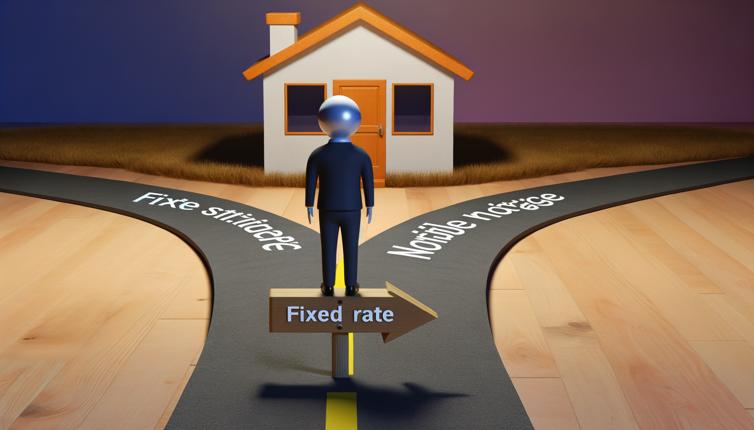Home Equity Loan
A home equity loan is a type of loan that allows you to borrow a lump sum of money using the equity in your home as collateral. The amount you can borrow is typically determined by the value of your home minus the amount you still owe on your mortgage.,One of the main advantages of a home equity loan is that it offers a fixed interest rate and a predictable repayment schedule. This can make it easier to budget for your monthly payments and plan for the future.,Another advantage of a home equity loan is that the interest you pay may be tax-deductible, making it a more cost-effective borrowing option. However, it's important to consult with a tax advisor to understand the specific tax implications in your situation.,Home equity loans are often used for larger expenses, such as home renovations, debt consolidation, or major purchases. They can be a good option if you need a substantial amount of money upfront and prefer the stability of fixed payments.,However, it's important to note that with a home equity loan, you are borrowing against the equity in your home, which means that if you are unable to make your payments, you could potentially lose your home. Make sure you have a plan in place to make your payments on time and consider the potential risks before proceeding.
Home Equity Line of Credit (HELOC)
A home equity line of credit, or HELOC, is a revolving credit line that allows you to borrow money as you need it, up to a certain limit, using the equity in your home as collateral. Unlike a home equity loan, a HELOC works more like a credit card.,One of the main advantages of a HELOC is that you have flexibility in how and when you use the funds. You can borrow and repay multiple times, as long as you stay within your approved credit limit. This can be useful for ongoing expenses or projects that require varying amounts of money over time.,Another advantage of a HELOC is that you only pay interest on the amount you borrow, not the entire credit line. This can make it a more cost-effective option if you only need to borrow a smaller amount or if you don't need the funds all at once.,However, it's important to note that with a HELOC, the interest rate is typically variable, which means it can fluctuate over time. This can make it harder to budget for your monthly payments and can result in higher costs if interest rates rise.,HELOCs are often used for shorter-term expenses, such as home renovations, education expenses, or emergency funds. They can be a good option if you need ongoing access to funds or if you prefer the flexibility of a revolving credit line.,As with a home equity loan, it's important to consider the potential risks before proceeding with a HELOC. Make sure you have a plan to repay the borrowed funds and understand the potential impact on your monthly budget.
Conclusion
Choosing the right home equity loan or line of credit depends on your specific needs and financial situation. A home equity loan may be a better option if you need a larger amount of money upfront and prefer the stability of fixed payments. On the other hand, a home equity line of credit (HELOC) may be more suitable if you need ongoing access to funds or if you prefer the flexibility of a revolving credit line. It's important to carefully consider the advantages and potential risks of each option before making a decision.









